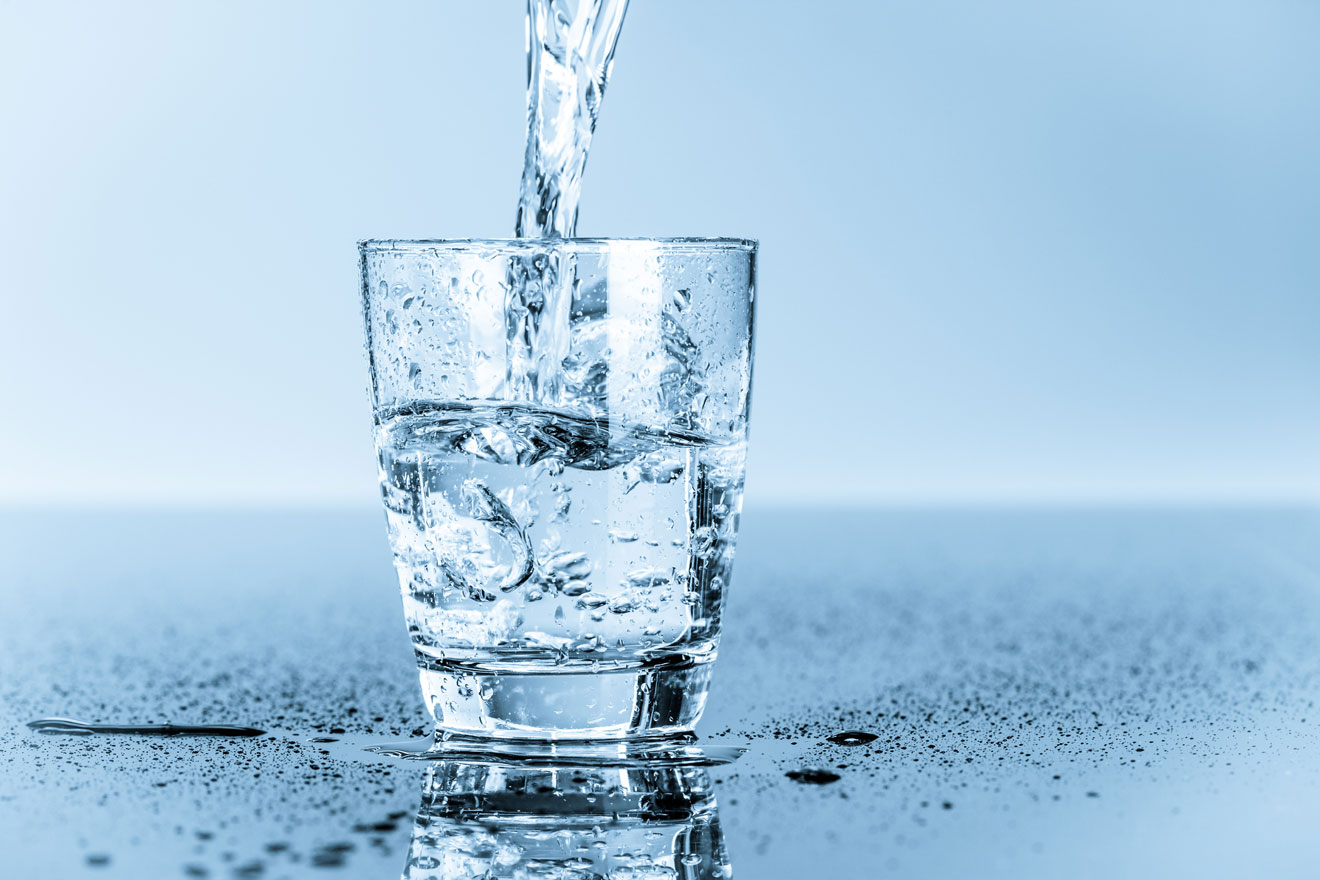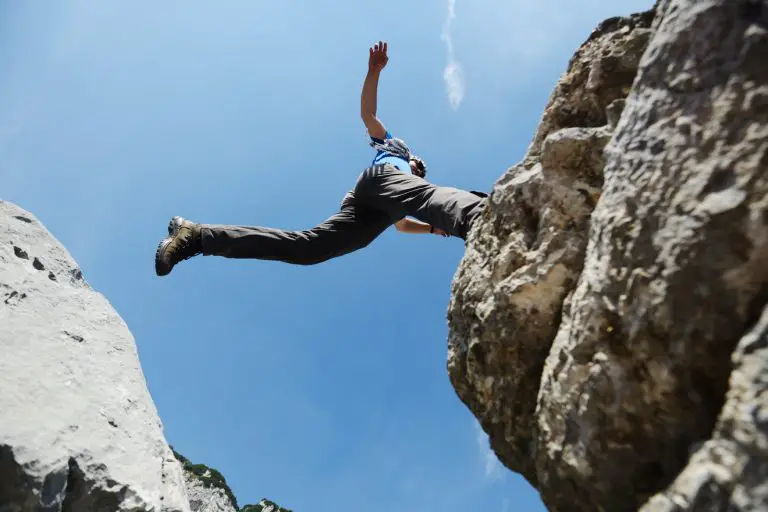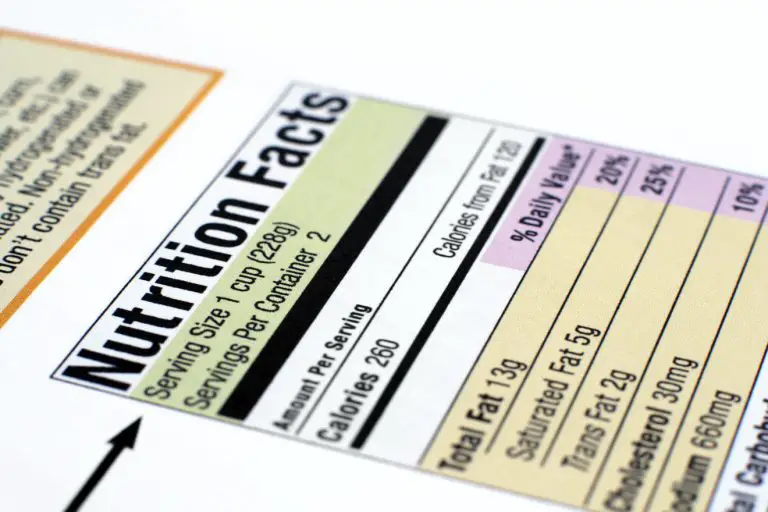Water vs. sports drinks: best hydration for exercise?
Key takeaways
- A common question regarding hydration for exercise is which of the two is better: water or sports drinks?
- Water is better for shorter and moderate-intensity exercises. For longer, endurance based exercises, sports drinks may be more appropriate.
Which gives the best hydration for exercise?
Proper hydration is a cornerstone of an effective fitness regimen. Whether you’re aiming to improve endurance, optimize recovery, or simply feel your best during a workout, staying hydrated is key. However, when it comes to choosing the best liquid to hydrate with during exercise, the debate between water and sports drinks continues. Are sports drinks a necessity or is water sufficient to fuel your workout? Understanding the differences and benefits of each can help you decide which hydration method is best suited for your exercise needs.
The role of hydration during exercise
Before diving into the comparison of water and sports drinks, it’s important to understand why hydration plays such a critical role in physical activity. During exercise, your body loses fluids primarily through sweat. As you sweat, you’re not just losing water. You are also losing electrolytes such as sodium, potassium, and magnesium. These electrolytes are essential for proper muscle function and maintaining fluid balance. Dehydration can lead to reduced performance, muscle cramps, and fatigue. It can even lead to heat-related illnesses, which is why it’s important to replenish fluids lost during exercise.
Inadequate hydration can also hinder your body’s ability to regulate temperature, making it harder to keep up with your workout. While both water and sports drinks can help with hydration, their composition differs, and each may be more suitable for different types of physical activity.
Water: the foundation of hydration
Water is undoubtedly the most basic and essential beverage for staying hydrated. It makes up about 60% of the human body. It is required for countless metabolic processes, including nutrient transport, temperature regulation, and waste removal. When it comes to everyday hydration and general fitness, water is typically the go-to drink.
For moderate-intensity exercises, such as walking, jogging, or light cycling, water is usually sufficient to keep you hydrated. During these activities, the body loses fluids at a steady, manageable rate, and water is easily absorbed to replenish those losses.
One of the key benefits of water is that it is calorie-free. This makes it ideal for weight-conscious individuals or anyone looking to avoid added sugars or artificial ingredients. It also helps regulate body temperature during exercise by facilitating the cooling process through sweating.
However, water may not always be enough for high-intensity or endurance activities that last for extended periods. For example, marathon runners, long-distance cyclists, or athletes engaged in prolonged physical labor may experience electrolyte imbalances and need more than just water to replenish what they’ve lost. In such cases, sports drinks come into play, as they contain electrolytes to replace what the body sweats out.
Sports drinks: more than just sugar water
Sports drinks are specifically designed to replace lost fluids and electrolytes during and after exercise. These beverages typically contain water, sugar, and electrolytes like sodium and potassium, which help to maintain fluid balance and prevent dehydration.
Sports drinks are particularly beneficial during high-intensity or prolonged exercise, typically lasting longer than 60 to 90 minutes. During these types of activities, athletes sweat profusely, losing not only water but also essential electrolytes. The sodium in sports drinks helps the body retain fluid and prevents hyponatremia (a condition caused by low sodium levels), while potassium supports proper muscle function and helps prevent cramps.
For endurance athletes, sports drinks also provide a quick source of carbohydrates, which serve as an energy source to fuel muscles during extended periods of exertion. This can delay the onset of fatigue and enhance overall performance during prolonged exercise.
While sports drinks are formulated to hydrate and replenish electrolytes, they can have drawbacks when consumed unnecessarily. Many sports drinks contain high amounts of sugar, which can lead to excess calorie consumption if consumed outside of intense or long-duration workouts. Drinking sugary beverages without significant physical activity can contribute to weight gain, blood sugar spikes, and tooth decay. Additionally, some sports drinks are filled with artificial colors, flavors, and preservatives, which may not align with those looking for a cleaner, more natural hydration option.
Choosing the right hydration for exercise
So, when should you choose water over a sports drink, and vice versa? The answer depends on the type and duration of exercise you’re engaging in, as well as your overall fitness goals.
For most individuals engaging in short to moderate workouts (less than 60 minutes), water is the optimal choice for staying hydrated. These workouts don’t deplete your body’s electrolyte stores enough to warrant the additional carbohydrates and electrolytes found in sports drinks. Water is easy to access, effective, and promotes hydration without the added calories and sugar found in many sports drinks.
If you’re participating in endurance events, such as running a marathon, cycling for several hours, or training in hot weather for an extended period, sports drinks can be beneficial. These activities result in significant sweat loss, and sports drinks provide a convenient way to replace both fluids and electrolytes quickly.
In these scenarios, you can consider drinks that combine water with electrolytes and some carbohydrates. These can help maintain performance, prevent dehydration, and delay fatigue. Choose a sports drink with a moderate amount of sugar, around 6 to 8%, which is optimal for fluid absorption and energy replenishment during intense activity.
When to skip sports drinks
For individuals who engage in low- or moderate-intensity exercise and don’t sweat excessively, there’s little need for sports drinks. The added sugar and calories may outweigh the benefits, particularly if you’re looking to manage weight or maintain a balanced diet. Water, with its hydrating properties, is all you need for these types of workouts.
The verdict
The best hydration option largely depends on the specifics of your workout. For the majority of people engaging in regular fitness activities, water is sufficient to stay hydrated, as long as the workout isn’t too prolonged or intense. For athletes or those training for endurance events, sports drinks offer a quick solution to replenish lost electrolytes and energy stores, but they should be used thoughtfully to avoid excess sugar intake.
In conclusion, the best hydration for exercise is a matter of understanding your body’s needs and the type of activity you’re engaging in. For most, water is your best bet, but for high-intensity and endurance activities, a well-chosen sports drink can enhance your performance and recovery.
Written with the assistance of AI. Reviewed and edited by Marielle Livelo.







